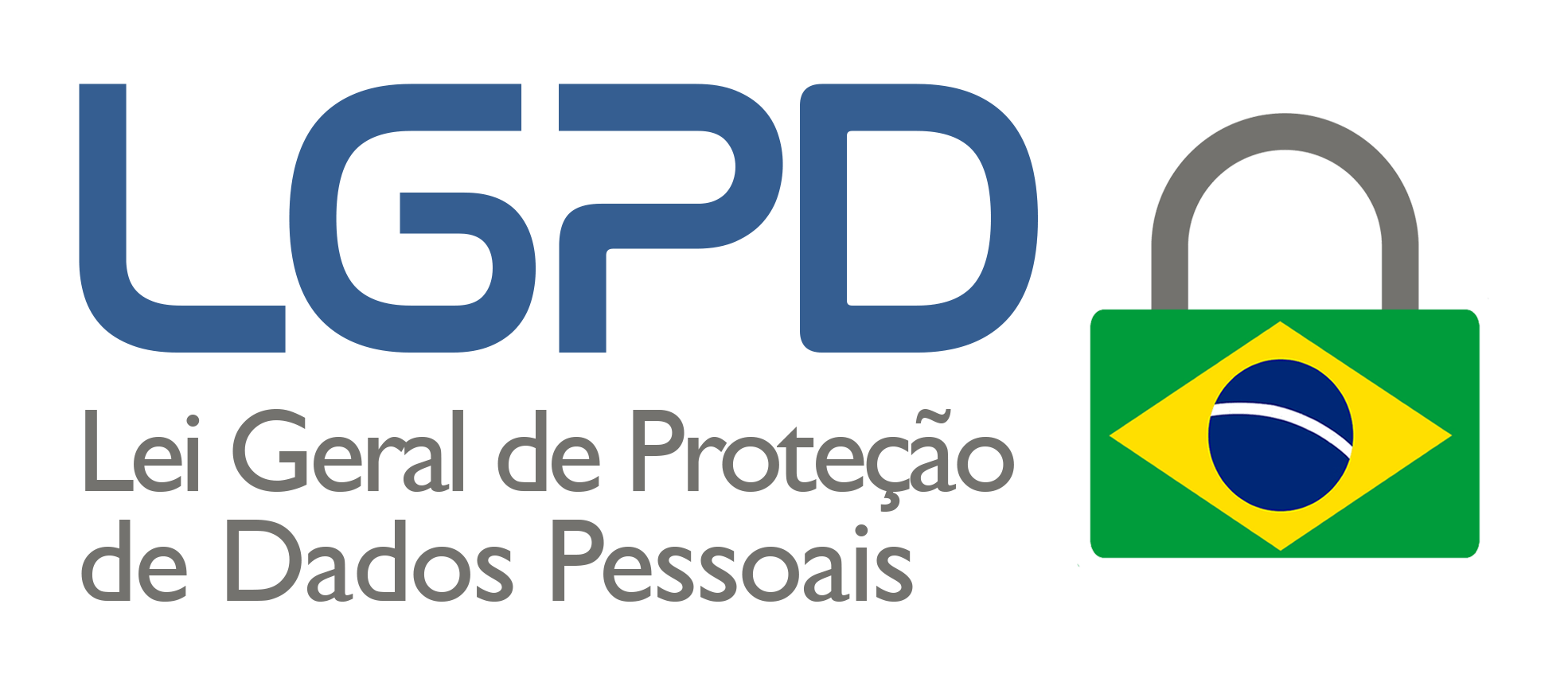Alcantara Launching base (CLA – Centro de Lançamento de Alcântara, or CEA – Centro Espacial de Alcantara), located at Alcantara (32 km from São Luís), Maranhão (MA) State, is at an extremely strategic position for launching geostationary satellites. Right below the equator (latitude 2°18′ south), it can save up to 30% on fuel for reaching the target orbit. It is a 620 km² facility, with multiple slots of production.
The CLA´s azimuth is higher than 100 degrees, making it viable for payload delivery at both polar and equatorial orbits. The climate and weather conditions are very favorable mostly all year long. No Hurricane nor earthquakes. No significant atmospheric interference at all. Low aerial traffic, low maritime traffic. Very low population level.
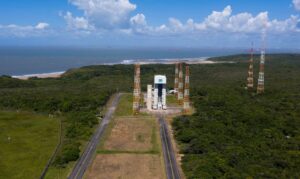
Operated and controlled by the Brazilian Air Force (FAB) and AEB (Brazilian Space Agency).
YouTube: ALCANTARA advantages.
YouTube: FAB talking about Kourou.
YouTube: ALCANTARA, looking for international partners.
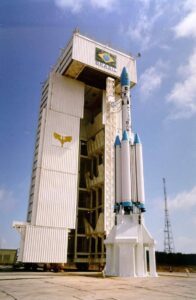
Commercial space launch activities are also advancing in Brazil with U.S. cooperation. The Technology Safeguards Agreement (TSA) which was approved by the Brazilian Lower House on October 22, 2019, establishes the safeguards for U.S.-licensed technology for supporting the launch of satellites or space launch vehicles from the Alcantara Space Center in Brazil.
US Embassy in Brazil – Fact Sheet for U.S.-Brazil Space Cooperation
On April 28th, 2021, FAB and AEB jointly announced the first bid result for opening CLA base for the non-military launching projects through any national or international private companies. There were four (4) winners that will independently operate (up to 100 ton weight / 30 m high), each one using a different CEA base units. The winners are: C6 Launch (Canada), Hyperion Rocket Systems (USA), Orion AST (USA) and Virgin Orbit (USA). Virgin Orbit, owned by British billionaire Richard Branson, who actually operates in the CLA airport (2.6 km long) that allows big airplanes lift off carrying rockets and spacecrafts on its fuselage.
Other on-going bids are running for using other slots. First non-military launchings to start from 2nd half of 2022.
Since 2019, Brazil has already launched 4 more satellites, but none from Alcantara. The expectation is that, from now on, the many other planned satellites would be launched from CLA, through some of those partnerships.
The Brazilian Satellite Launch Vehicle (VLS-30) is still under development, based on de rocket VSB-30 :
Veiculo lançador de satélites VLM-1:
Avibras Aerospace Industry and the Aeronautics and Space Institute (IAE) from the Department of Science and Aerospace Technology (DCTA) signed this Monday, January 20th , 2020 a technology transfer agreement granting production and commercialization rights over the VSB-30, the most successful suborbital vehicle of the Brazilian Space Program.
Thirty-one launches have already been made, all successfully, being four from the Alcantara Launch Center (CLA), in Maranhao, and twenty-seven from the Esrange Space Center, in Sweden. The platform is capable to perform experiments with application in satellites, space vehicles and in the pharmaceutic industry.
The technology transfer agreement will allow the continuity of the industrialization and commercialization of the VSB-30 with technological enhancements, besides boosting the development of internationally competitive national launcher vehicles for micro satellites.
Developed by IAE, result of the cooperation between Brazil and Germany, the VSB-30 is launched by a rail system, stabilized by fins and has bearing inductors that are activated when the vehicle leaves the rails. It has two stages of solid propulsion and carries scientific and technological loads up to 400 kilograms to an altitude of 270 kilometers enabling experiments in micro gravity environment for up to 6 minutes.
The VSB-30 is certified, qualified and considered safe, reliable and stable. Due to its characteristics, the VSB-30 has an excellent acceptance in the international scenario of orbital vehicles and becomes pioneer in the process of space technology transfer in Brazil.
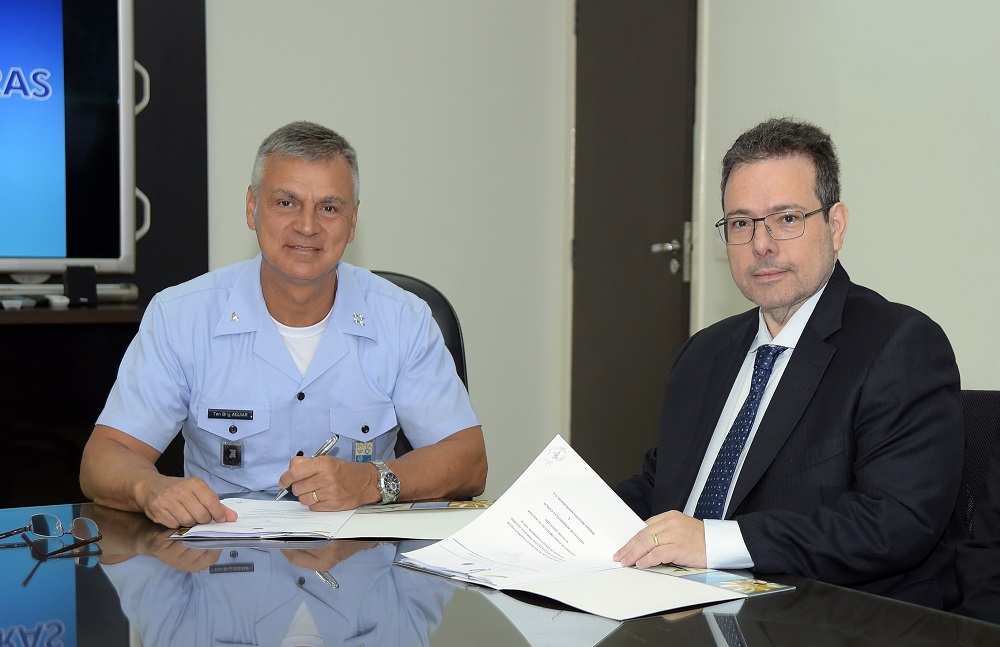
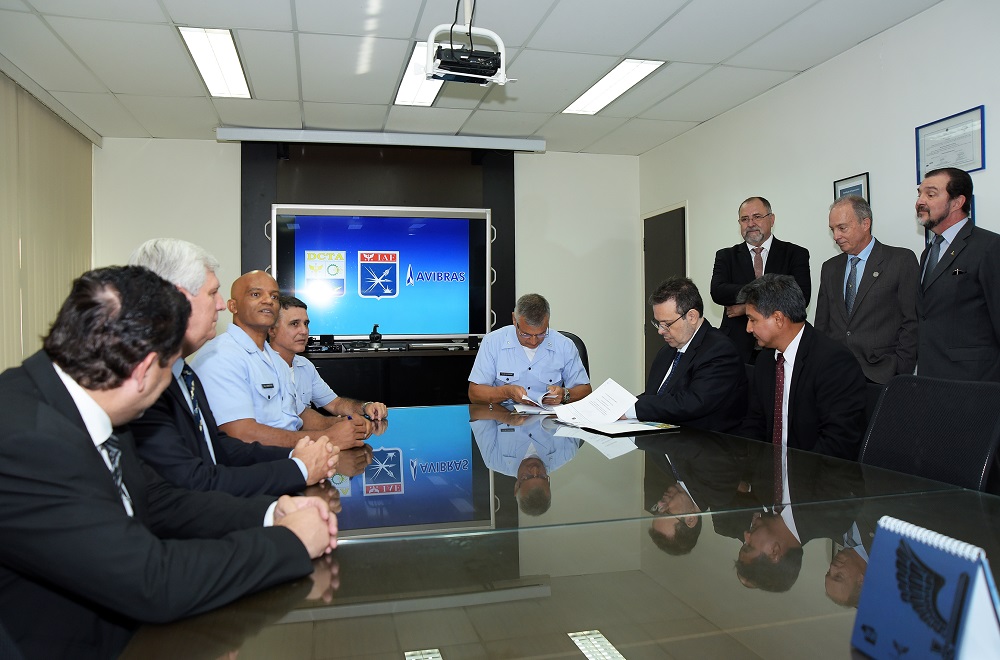
Competences – With expertise in the development of national technological solutions in the aerospace area, being a pioneer in the Brazilian Space Program, Avibras is the only 100% Brazilian owned private Company that has enough competence to integrate launchers to the Brazilian Space Program.
Avibras Commercial Vice-President Leandro Villar, considers a privilege for the company to receive a product that is both successful and consolidated in the market. According to him, the initiative also fortifies the triple helix, a concept that points to a conjunct action between company, academia and government as the direction for technological innovation and economic development of the country. “With this program we want to amplify Brazil’s leadership in the space area, enhancing the Brazilian Space Program, and also generate employment”, highlighted Leandro.
Currently, Avibras takes part of the development and manufacturing of the S50 rockets engines of the Microsatellite Launcher Vehicle (VLM-1) in the scope of the National Program of Space Activities of the Brazilian Space Agency (AEB).
According to him, Brazil can have a relevant role in the Space Market since it has acquired several competences through research and innovation in the Space area throughout almost six decades, developed a competent industrial base, and has a Launch Base in Alcantara (CLA) with privileged geographical position, factors that are not usually combined in one single country.
The General-Director of DCTA, General Luiz Fernando de Aguiar, pointed out that this is a unique moment for Brazil. “We are transferring for the industry a product that is already tested and has Brazilian technology. We have completely fulfilled the maturity life cycle of the product”, he declared.
According to IAE Director, Major General Engineer Cesar Demetrio Santos, Avibras will conduct the project with competence. “It is the consolidation of a dream. This approximation with the industry is essential to promote the Space Program”, he stated.
Lieutenant General Hudson Costa Potiguara, who will take DCTA Office this week, affirmed that such partnerships strengthen the industry. “I see excellence in this project. Avibras is a strong industry, constant partner of DCTA, and has as one of its missions to be the fomenter of industry”.
On 2019, Brazil and USA have signed a technology protection agreement (Acordo de Salvaguardas Tecnológicas – AST). Under this umbrella agreement, Brazil now can launch any rocket (national or foreign) that would contain built-in American technology components (80% of all worldwide aerospace equipment has some American component on it), as long as Brazil would commit on the non-disclosure of such technology.
MEREGE has been developing the relationship with top decision makers at the Brazilian Air Force and CCISE (Air Force & Defense top management) since 2003, when a terrible accident killed 21 technical members of the CLA staff.
MEREGE has also very close contact and developed relationship with AEB, at the President level. Also strong executive relationship at INPE / LIT (Instituto Nacional de Pesquisas Espaciais / Laboratório de Integração & Testes), Space Research National institute / Integration & Testing Laboratory, where all Brazilian satellites are now built integrated and tested. Those facilities are open to set agreements for also integrating testing foreign satellites here, if necessary.
SOURCES: BRAZILIAN AIR FORCE and BRAZILIAN DEFENSE official websites.
Please, check out other KEY ON-GOING BUSINESS CASES at Brazilian Air Force (FAB), Brazilian Navy and other opportunities for Latin America:
- BUSINESS CASE SGDC 1 & 2
- BUSINESS CASE FAB – CARPONIS-1 / HR Remote Sensing
- BUSINESS CASE SMART AGRICULTURE – NB-IoT
- BUSINESS CASE INPE REMOTE SENSING SATELLITE “AMAZONIA-1”
- BUSINESS CASE INPE REMOTE SENSE SATELLITE “CBERS”
- BUSINESS CASE ELETROBRAS – HYDROELETRIC POWER
- BUSINESS CASE VALE – ENERGY STORAGE
- BUSINESS CASE MB “UNMANNED AIRCRAFT”
- BUSINESS CASE SISFRON – BRAZILIAN TERRESTRIAL BORDER
- BUSINESS CASE “AMAZÔNIA AZUL”
- BUSINESS CASE BRAZILIAN NAVY NUCLEAR PROGRAM
- BUSINESS CASE AIRCRAFTS SAAB F-39E GRIPEN
- BUSINESS CASE MB “ANTI-SHIP MISSILE”
- BUSINESS CASE MB “TAMANDARÉ FRIGATES”
If your company is interested in opportunities such as those above, please let us know. MEREGE would be more than glad to act as your bridge into Brazil.
Unfolding relationships previously developed, MEREGE partners are able to quickly build a specific network that reaches the market the costumer needs.
MEREGE Legal & Regulatory team has a long and vast knowledge and experience, hence able to help your company to set the safest and the strongest path.
Always count on the widely respected experience and networking of MEREGE Consulting Partners to reach out to the right people at the right time.



